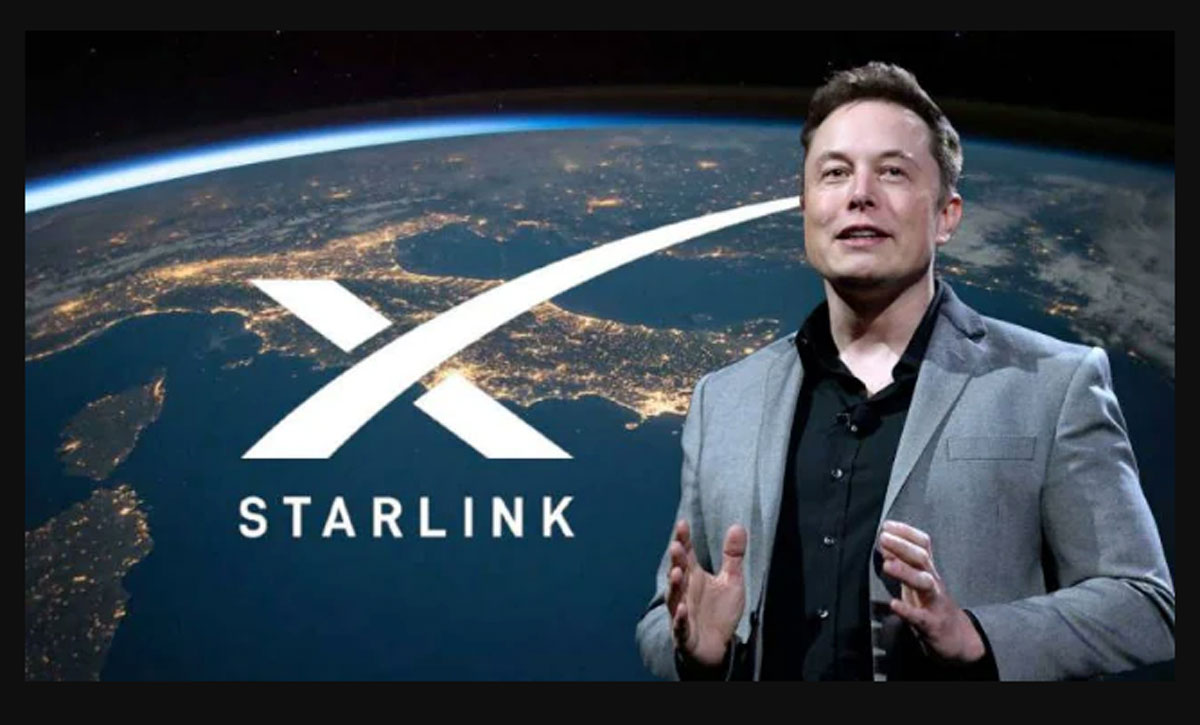How OpenAI’s IPO Could Reshape the Tech Industry
1. The Significance of OpenAI Going Public
OpenAI, the artificial intelligence research lab behind ChatGPT, DALL·E, and GPT-4, has been a dominant force in AI innovation. While the company has not yet announced an Initial Public Offering (IPO), speculation about its potential market debut has intensified. An OpenAI IPO would mark a pivotal moment in the tech industry, influencing AI development, investment trends, and competitive dynamics.
Going public would provide OpenAI with substantial capital to accelerate research, expand infrastructure, and commercialize AI products. Unlike traditional tech IPOs, OpenAI’s debut would signal broader acceptance of AI as a foundational technology, reshaping how businesses and investors perceive AI-driven enterprises.
2. Market Valuation and Investor Sentiment
OpenAI’s valuation has surged in recent years, with private funding rounds valuing the company at over $80 billion. A public offering could push this figure even higher, potentially rivaling tech giants like Meta and NVIDIA. Investors are eager to capitalize on AI’s explosive growth, and OpenAI’s IPO would offer a direct pathway into the AI gold rush.
Key factors influencing investor sentiment include:
- Revenue Growth: OpenAI’s monetization strategies, including ChatGPT Plus subscriptions and enterprise API services, demonstrate strong revenue potential.
- Regulatory Landscape: Governments worldwide are scrutinizing AI, and investor confidence will hinge on OpenAI’s ability to navigate compliance challenges.
- Competitive Positioning: Unlike startups, OpenAI benefits from first-mover advantage, but rivals like Google DeepMind and Anthropic are rapidly advancing.
3. Impact on AI Startups and Competitors
An OpenAI IPO would send shockwaves through the AI startup ecosystem. Smaller firms may struggle to compete for funding, talent, and market share if OpenAI secures billions in public capital. Venture capital could shift toward OpenAI-backed ventures or companies leveraging its models, sidelining independent AI developers.
Established tech giants like Google, Microsoft, and Amazon would also face intensified competition. Microsoft, OpenAI’s largest investor, might see its AI dominance reinforced, while others may accelerate in-house AI projects to avoid dependency on OpenAI’s proprietary models.
4. Accelerating AI Adoption Across Industries
With IPO funds, OpenAI could expand AI integration into sectors like healthcare, finance, and education. Potential developments include:
- Healthcare: AI-powered diagnostics and personalized medicine could become mainstream.
- Finance: Advanced fraud detection and automated trading systems may evolve.
- Education: Custom AI tutors and adaptive learning platforms could disrupt traditional models.
Increased funding would also lower AI deployment costs, making cutting-edge models accessible to small and medium-sized businesses.
5. Ethical and Regulatory Considerations
Public scrutiny of OpenAI’s practices would intensify post-IPO. Key concerns include:
- Bias and Misinformation: How OpenAI mitigates AI-generated falsehoods will impact public trust.
- Job Displacement: Automation fears may spark debates on AI’s societal impact.
- Data Privacy: Regulatory bodies like the EU and FTC may impose stricter oversight.
OpenAI’s ability to address these issues while scaling operations will determine its long-term viability.
6. The Future of AI Research and Open-Source Models
OpenAI initially championed open-source AI but shifted toward proprietary models. An IPO could further this trend, raising concerns about monopolization of AI advancements. However, increased funding might also enable more ambitious research, such as Artificial General Intelligence (AGI).
If OpenAI prioritizes commercialization over open collaboration, alternative open-source initiatives (e.g., Meta’s LLaMA) could gain traction, fostering a bifurcated AI landscape.
7. Global AI Leadership and Geopolitical Implications
The U.S. and China are locked in an AI arms race. OpenAI’s IPO would bolster U.S. technological supremacy, prompting China to double down on domestic AI champions like Baidu and Alibaba. Other nations may increase AI investments to avoid falling behind, reshaping global tech power dynamics.
8. Potential Risks and Challenges
Despite its strengths, OpenAI faces hurdles:
- Market Volatility: AI stocks may experience hype-driven bubbles followed by corrections.
- Technological Stagnation: If innovation slows post-IPO, competitors could overtake OpenAI.
- Public Backlash: Over-commercialization may alienate early supporters.
9. The Broader Tech Industry’s Response
Tech companies may pursue mergers, acquisitions, or partnerships to counter OpenAI’s influence. Expect:
- More AI-Focused SPACs: Special-purpose acquisition companies may target AI startups.
- Increased R&D Spending: Big Tech will likely allocate more resources to AI.
- Talent Wars: Demand for AI experts will skyrocket, driving up salaries.
10. Long-Term Industry Transformations
OpenAI’s IPO could redefine the tech sector by:
- Making AI a Core Business Function: Companies will integrate AI at unprecedented levels.
- Shaping New Regulations: Governments may fast-track AI legislation.
- Redefining Innovation Cycles: AI advancements may shorten product development timelines.
The ripple effects of OpenAI’s market debut will extend far beyond stock prices, influencing the trajectory of AI and the broader digital economy for decades.

